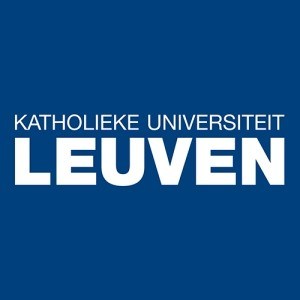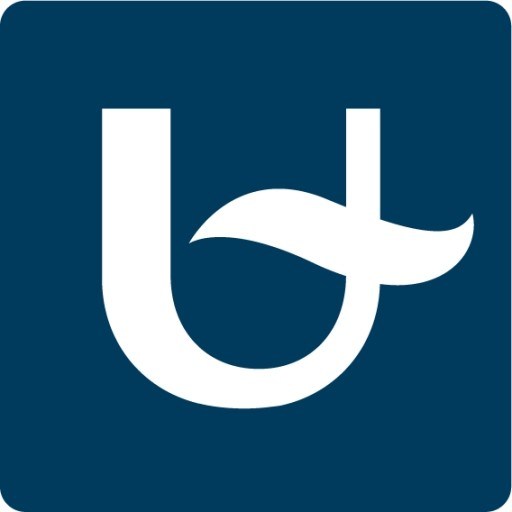Photos of university / #kuleuven
The Master of Science in Pharmaceutical Sciences at KU Leuven offers a comprehensive and in-depth exploration of the science and technology behind the development, manufacturing, and regulation of medicinal products. This program is designed to prepare students for a career in the pharmaceutical industry, academia, or regulatory agencies by providing a solid foundation in the fundamental principles of drug design, synthesis, analysis, and delivery systems. The curriculum combines rigorous theoretical coursework with practical laboratory training, enabling students to acquire both scientific knowledge and technical skills essential for innovation in pharmaceuticals. Core topics include pharmacology, pharmacokinetics, drug formulation, medicinal chemistry, quality control, and regulatory affairs. Additionally, students have opportunities to specialize through elective courses that focus on topics such as biopharmaceutics, nanomedicine, personalized medicine, and advanced analytical techniques. The program emphasizes research and encourages students to engage in cutting-edge projects, often in collaboration with industry partners or research institutes, fostering a mindset geared toward innovation and problem-solving. Students will also develop critical skills in data analysis, project management, and scientific communication. Located at the heart of Belgium’s vibrant pharmaceutical sector, KU Leuven provides students with access to state-of-the-art laboratories, experienced faculty, and numerous internship opportunities. Graduates of this program are well-equipped to contribute to the development of new medicines, improve drug safety and efficacy, or pursue doctoral research. The program emphasizes sustainable and ethical practices in pharmaceutical sciences, preparing students to address global health challenges responsibly. Overall, the Master of Science in Pharmaceutical Sciences at KU Leuven offers a thorough and multidisciplinary education that prepares graduates for a dynamic and impactful career in the pharmaceutical field.
Training and development in the Doctoral School Biomedical Sciences consists of three elements:
- A mandatory truncus communis focusing on essential research skills;
- Thematic training in a doctoral school programme comprising advanced courses, invited lectures, journal clubs and doctoral seminars focused on a specific biomedical topic;
- Training and development of personal skills that are relevant for the successful completion of the doctorate and that can be valorised later in different professional sectors.
Requirements
- Students should submit a satisfactory score on an internationally recognized test of English language proficiency: TOEFL (minimum score 575 paper-based, 233 computer-based, 90 internet-based), IELTS (minimum score 7). No other proficiency tests will be accepted.
- Two recommendation forms
- A letter of motivation written and signed by the applicant, explaining the choice for Leuven and for this particular programme
- A master’s degree
The Pharmaceutical Sciences master's degree programme at KU Leuven offers a variety of financing options to support students throughout their studies. Tuition fees are structured according to the student’s residence status and nationality, with international students typically paying higher fees than domestic students. For EU students, the tuition fee for the academic year is approximately €922 per year, whereas non-EU students pay around €4,300 per year. These fees are subject to change and should be checked on the official KU Leuven website for the most current information.
In addition to tuition fees, students should consider living expenses, which include accommodation, food, transportation, and personal costs. The cost of living in Leuven is generally moderate compared to major European cities, but it can vary depending on individual lifestyle preferences. On average, students can expect to spend between €800 and €1,200 per month on living expenses.
KU Leuven offers a variety of scholarships and financial aid opportunities for both domestic and international students. These include the KU Leuven Scholarships for international students, which are merit-based and provide partial or full tuition fee waivers, as well as grants for specific student groups such as Flemish or Belgian students. Additionally, students may be eligible for government-sponsored scholarships, loans, or work-study arrangements depending on their home country and individual circumstances.
Part-time work can also serve as a supplementary source of income for students. The university’s regulations permit students to work part-time during the academic year, subject to certain restrictions on working hours. Many students find employment in university facilities or in the city of Leuven, which has a vibrant student job market.
Furthermore, students are encouraged to explore external funding sources, including Erasmus+ programs for international mobility, which may provide stipends or financial support for students participating in exchange programmes. Some students also secure sponsorships or sponsorship programs through their home universities or organizations.
KU Leuven provides comprehensive guidance through its student services to assist with financial planning and application procedures for various funding options. It's recommended that students start planning early to ensure they are aware of all available funding sources and deadlines. While the university strives to make education accessible through these financing options, students should prepare for additional personal expenses and potential unforeseen costs during their studies in Leuven.
The Bachelor of Science in Pharmaceutical Sciences at KU Leuven is a comprehensive undergraduate program designed to provide students with a solid foundation in the principles and practices of pharmacy and pharmaceutical sciences. This program offers a multidisciplinary curriculum that integrates basic sciences such as chemistry, biology, and physics with specialized pharmaceutical topics, including pharmacology, pharmaceutics, pharmaceutical chemistry, and medicinal chemistry. Throughout the course, students gain insights into drug development, formulation, analysis, and therapeutic applications, preparing them for diverse careers in the pharmaceutical industry, healthcare, research, and academia.
The program emphasizes both theoretical knowledge and practical skills, with laboratory work, internships, and project-based learning components that enable students to apply their learning in real-world contexts. Students are also introduced to regulatory affairs, quality control, and ethical considerations essential for the responsible development and distribution of medicines. The curriculum is designed to foster critical thinking, problem-solving abilities, and an understanding of the societal impact of pharmaceuticals.
Graduates of this program are equipped to pursue further specialization through a master's degree in pharmaceutical sciences or related fields. They can also enter the workforce as researchers, quality assurance managers, pharmacists, or regulatory affairs specialists. The program benefits from KU Leuven’s strong research environment, collaborations with industry partners, and state-of-the-art facilities, ensuring students receive a first-class education grounded in current scientific advancements.
KU Leuven's international orientation offers opportunities for mobility and exchange programs, allowing students to broaden their perspectives and gain global experience in pharmaceutical sciences. The university’s commitment to innovation and excellence makes it an ideal choice for students aspiring to contribute to health and medicine through pharmaceutical sciences.

